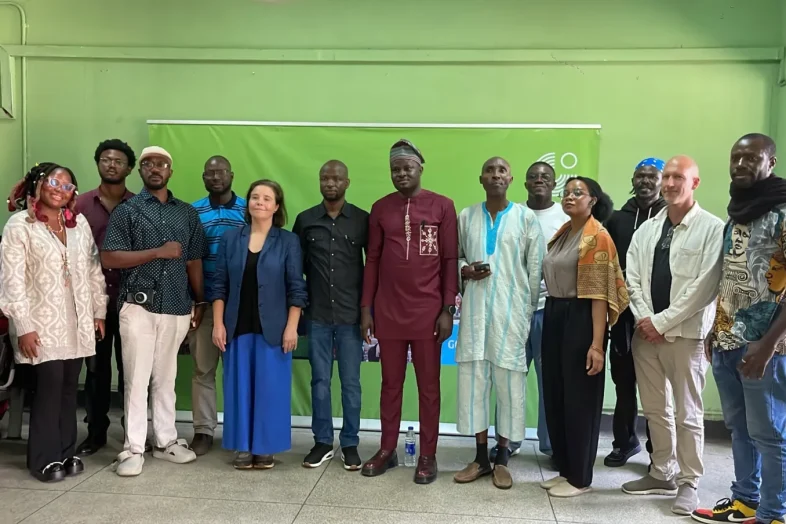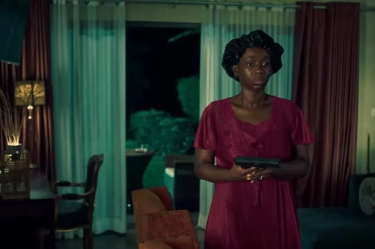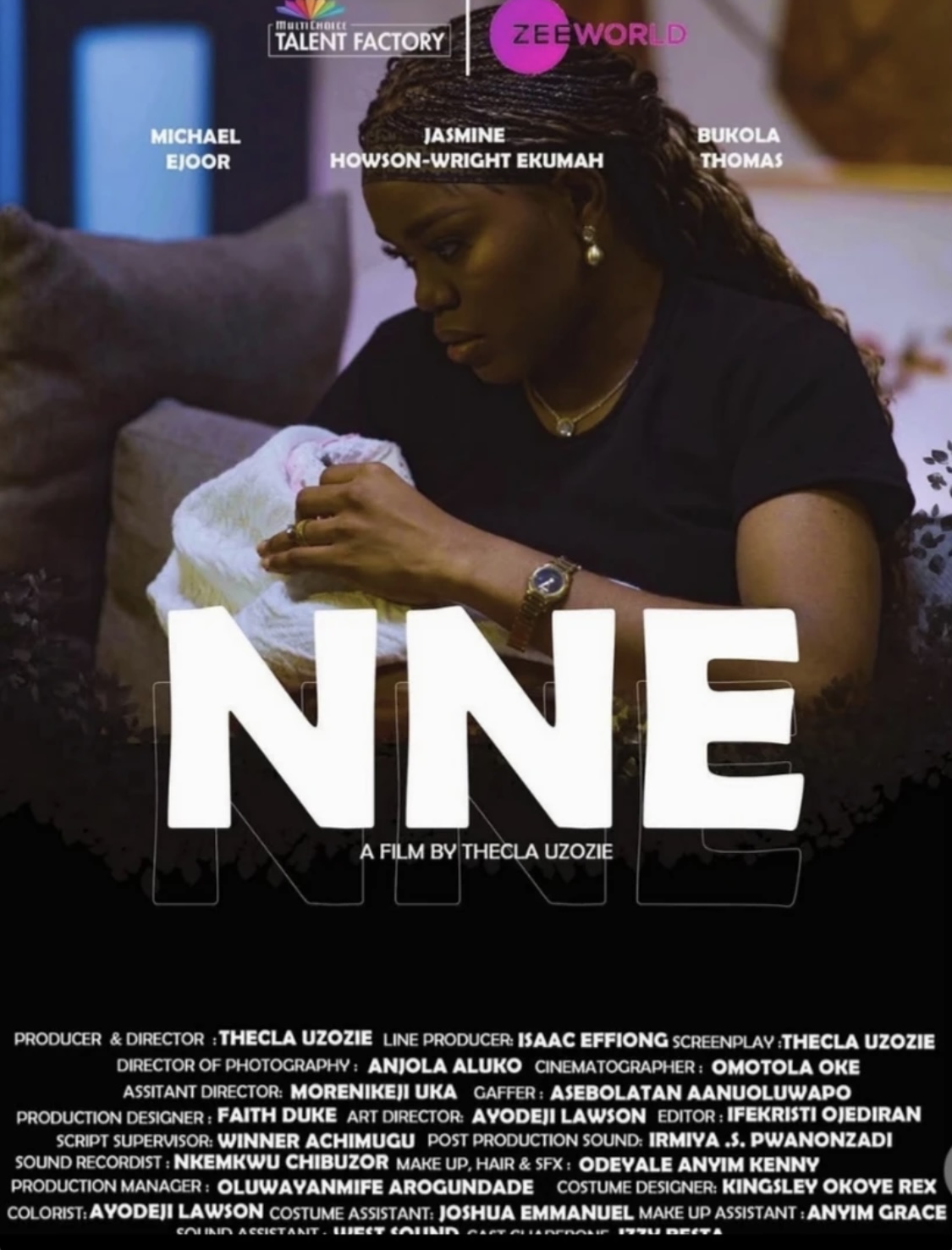
Goethe Institute’s ‘Post-Memory, Post-Archive’ Project Revives Nigerian Cinema Through New Voices
On August 17, Goethe Institute Nigeria, in collaboration with the Nigerian Film Corporation, hosted Post-Memory, Post-Archive — a two-day programme designed to reconnect early Nigerian cinema with contemporary filmmaking. Across the event, 11 short films premiered, each drawing inspiration from archival materials and reimagining them for today’s audiences.
The initiative, led by Ese Emmanuel and Oluwadara Omotoso, encourages filmmakers to treat archives not as static collections but as living sources of creativity. Beginning in October 2024, participants visited the National Film, Video and Sound Archive to observe restoration and digitisation efforts, followed by research trips in Ibadan and Jos, where they worked with scholars like Professor Onookome Okome to deepen their engagement with historical footage.
The screenings reflected a wide range of themes. Ogochukwu Umeadi’s No Let Dem Die underscored the urgency of preserving language and tradition, while Didi Cheeka’s silent film Memory Also Die explored how the Nigerian Civil War continues to shape collective memory. Philip Fagbeyiro’s Common Grounds examined Lagos settlements and displacement, and a preview of Kehinsokun, inspired by Hubert Ogunde’s Atoka Photo Play, experimented with comic-strip-style narration.
Beyond the films, the event fostered dialogue between creators and audiences, with conversations that challenged perspectives and expanded interpretations of archival storytelling. The programme closed with a communal screening of Ousmane Sembène’s Black Girl, highlighting the power of shared cinematic experiences.
Post-Memory, Post-Archive will continue its tour with screenings and discussions in Kaduna, Jos, Abuja, Ibadan, and Enugu — expanding its mission to spark new conversations about memory, history, and the future of Nigerian cinema.






Add Comment